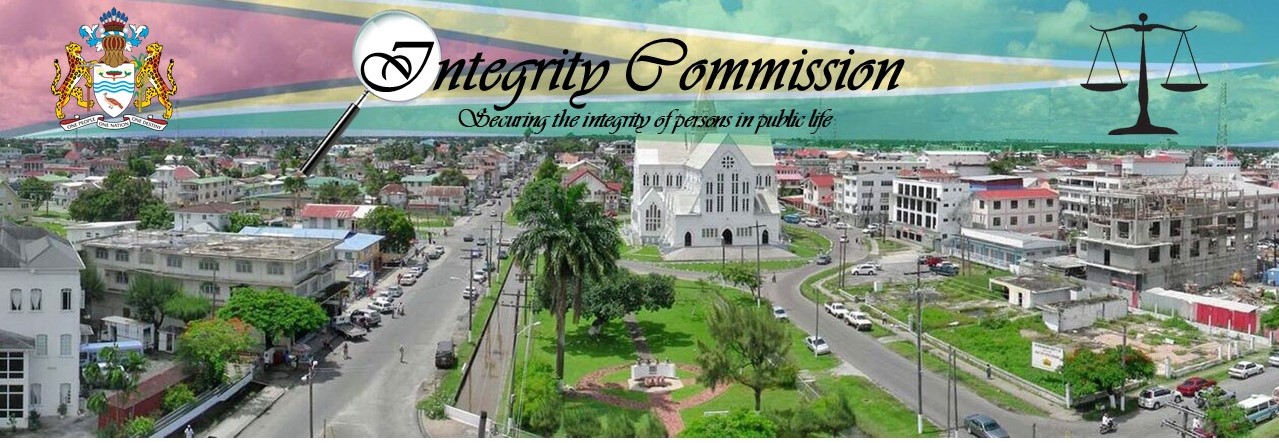Frequently asked Questions
The Integrity Commission was set up to secure the integrity of persons in public life. A person in public life who is under schedule 1 of the Act shall disclose his/her assets and liabilities to the Commission and members of the Commission to the President on or before June, 30 each year. The Commission or the President shall receive, examine and retain all declarations documents received, make inquires if necessary and make request in writing for a declarants to furnish further information or documents to verify any declaration or statements received.
It means a person who holds any specified office and includes a person in Section 45 of the Act whether or not mentioned in Schedule 1.
A declarant is a person in public life that is listed under Schedule 1 of the Commission’s Act.
The Commission will write to the declarants informing them that they are outstanding for which years along with a copy of a blank declaration form. The Commission will also informed them in the said letter that they are liable to be prosecuted for the failure to file, and the fact of your failure to file can be published in the Official Gazette or a daily newspaper.
This is to ensure that the integrity of persons in public life is secure.
A declarant has to file declaration containing his/her assets and liabilities on or before June, 30th of every year and also the particulars of Income for the period of twelve months prior to June 30th.
A declarant cease to be a declarant once he/she is deceased or no longer employed as a public officer.
No, but if you have outstanding declarations forms, you will have to submit those.
Any person can make a complaint to the Commission in writing.
The complaint should be in writing following the required format as set out in the Commission’s Act under section 28 1 (a) (b) (c) (d), 2 and 3.

